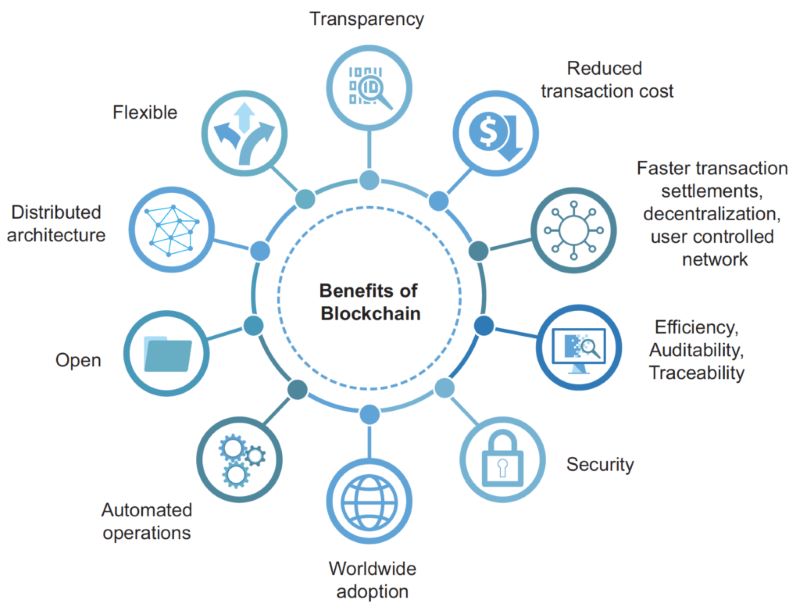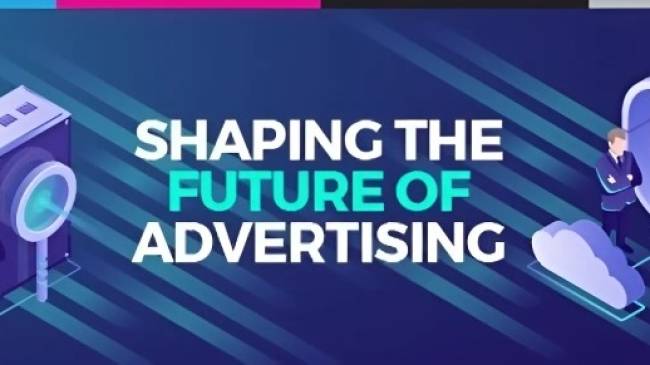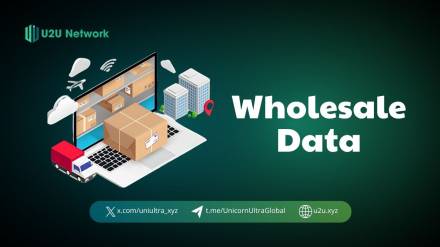In traditional advertising and marketing, inefficiencies rooted in outdated models lead to high costs and fragmented engagement. As consumer preferences shift towards personalization and transparency, the need for innovation is clear. This is how blockchain is changing the game: by fostering direct relationships, enhancing trust, and redefining digital advertising's economics, blockchain technology offers a transformative solution to modernize brand-audience connections.
Table of Contents
The Blockchain Advantage
Blockchain, with its decentralized, transparent, and immutable ledger, presents a robust solution to these challenges. It enables verifiable data tracking, disintermediates the advertising supply chain, and empowers consumers to manage their own data.
Transparency and Security: Blockchain's immutable ledger ensures transparent and auditable transaction records, reducing ad fraud and providing marketers with precise insights. Its decentralized nature bolsters data security, making it more resilient against hacking and breaches.
Consumer-Centric Approach: Blockchain allows consumers to own and control their data, determining who accesses it and for what purpose. This fosters trust and facilitates personalized, relevant advertising experiences.

Direct Content Monetization: Blockchain-powered platforms empower content creators to monetize directly, bypassing traditional intermediaries and ensuring equitable compensation.
Enhanced Supply Chain Management: Blockchain tracks goods from origin to consumer, guaranteeing authenticity and combating counterfeit products.
Interactive Campaigns and Tokenized Rewards: Blockchain-based tokens incentivize consumer engagement with brands, fostering interactive experiences that drive loyalty.
Blockchain is Changing Consumer Engagement
Tokenized Incentives
A groundbreaking application of blockchain in advertising involves tokenized rewards. These digital tokens, issued on the blockchain, allow consumers to earn rewards for engaging with ads, consuming content, or providing feedback. These tokens are exchangeable for products, services, or other cryptocurrencies, creating direct incentives for consumers to interact with brands.
For example, consumers might earn tokens for watching promotional videos, completing surveys, or referring friends. This approach not only rewards consumer attention but also furnishes brands with valuable consumer insights, enhancing their ability to tailor marketing strategies.
Personalized Advertising
Blockchain's secure identity and preference management systems enable personalized advertising experiences. Brands can leverage blockchain to securely store and manage user data, delivering targeted ads that align closely with individual preferences and behaviors.
Imagine encountering advertisements tailored to your specific interests, informed by your browsing history, purchase patterns, or social media engagements. This not only enhances consumer satisfaction but also amplifies the effectiveness of marketing campaigns. Blockchain empowers consumers to control their data and selectively share it with brands, ensuring a transparent and personalized advertising environment.
Interactive Campaigns
Blockchain facilitates the creation of interactive advertising campaigns that transcend traditional formats. Through smart contracts and tokenized incentives, brands can gamify campaigns, encouraging consumer participation in polls, quizzes, or challenges.
For instance, brands could launch campaigns where participants earn tokens for completing various tasks, such as watching videos, answering quizzes, or sharing campaigns on social media. Top contributors might receive exclusive rewards or discounts, fostering community engagement and consumer loyalty.

How Blockchain is Changing Content Creation and Distribution
Traditional models of content creation and distribution present challenges for creators, often limiting control and fair compensation due to intermediaries like publishers and streaming platforms. Blockchain technology is reshaping this landscape by empowering creators, enabling direct monetization, and safeguarding intellectual property rights.
Direct Monetization Opportunities
Blockchain revolutionizes content monetization by enabling direct payments from consumers to creators. Through micropayments or tokenized royalties, creators receive compensation without intermediaries taking substantial cuts.
Micropayments allow consumers to pay small amounts for individual content pieces such as articles, songs, or videos, opening new revenue streams for creators. Tokenized royalties offer creators ownership shares in content, ensuring ongoing compensation from its use or resale.
Decentralized Content Platforms
Blockchain-powered platforms are emerging as alternatives to centralized giants like YouTube and Spotify. These decentralized platforms utilize blockchain's distributed ledger to create transparent ecosystems where creators have greater control and interaction with their audiences.
By eliminating intermediaries, decentralized platforms reduce costs and enhance transparency. Creators can set pricing, determine distribution methods, and engage directly with fans. Smart contracts automate royalty payments, ensuring equitable compensation.
Enhanced Copyright Protection
Intellectual property protection is crucial in digital content creation. Blockchain provides immutable proof of ownership and automates copyright enforcement.
Each content piece is registered on the blockchain as a unique digital asset, documenting ownership with timestamps and author information. This unalterable record prevents unauthorized use and verifies authenticity. Smart contracts enforce copyrights by triggering actions like takedown notices or ensuring proper royalty payments.
The Future of Advertising and Marketing
As blockchain technology matures, its impact on advertising and marketing will deepen. Expect more sophisticated solutions for data management, ad attribution, and consumer engagement. The future of advertising and marketing is decentralized, transparent, and consumer-centric – with blockchain at its core.

In conclusion, the transformative potential of blockchain technology in advertising and marketing is undeniable. By addressing longstanding inefficiencies and challenges such as high costs, lack of transparency, and ineffective targeting, blockchain offers a path to a more equitable and efficient ecosystem. Empowering creators with direct monetization, ensuring transparency through decentralized platforms, and protecting intellectual property rights are just some of the ways blockchain is reshaping the industry.
As adoption grows and innovation continues, this is how blockchain is changing the game, poised to redefine how brands engage with consumers, fostering deeper connections and more meaningful interactions in the digital age. Embracing blockchain represents not just a technological evolution, but a fundamental shift towards a more inclusive, transparent, and effective advertising and marketing landscape. Follow U2U Network to update the latest information about Blockchain



.png)


